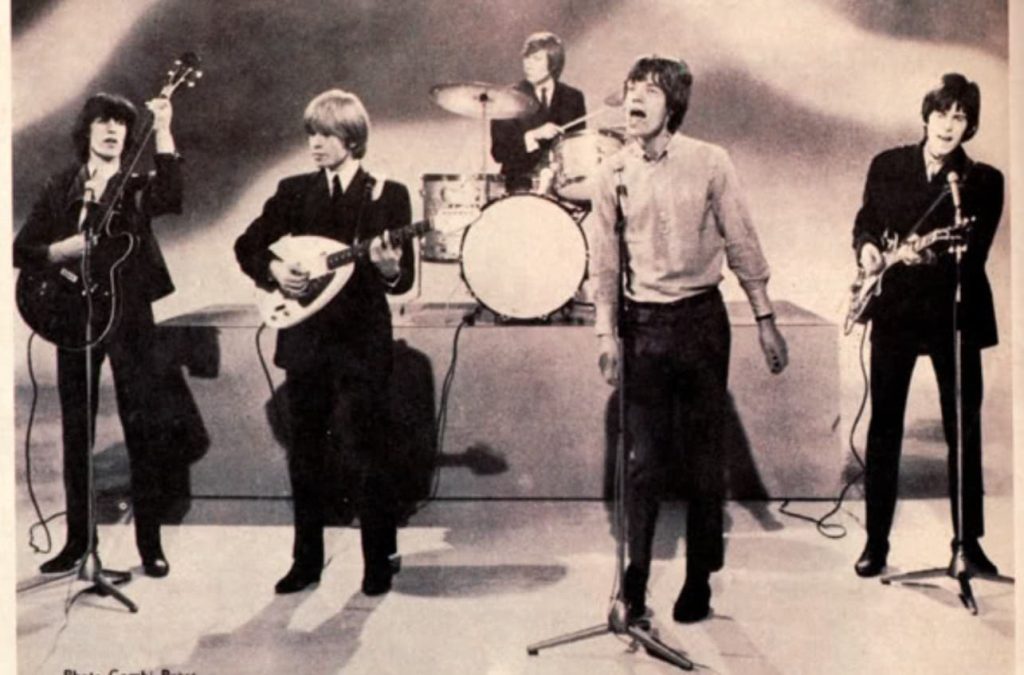
A Timeless Anthem of Restlessness and Rebellion
Few songs in rock history are as iconic as “(I Can’t Get No) Satisfaction” by The Rolling Stones. Released in 1965, this explosive track not only catapulted the band to superstardom but also became a generational anthem, capturing the frustrations and disillusionments of youth in the 1960s. Written by Mick Jagger and Keith Richards, the song topped the Billboard Hot 100, holding the number one spot for four weeks, and solidified its place as a defining moment in the history of rock ‘n’ roll.
The Birth of a Legendary Riff
The story behind “Satisfaction” begins with a dream—literally. Keith Richards famously woke up in the middle of the night with the song’s signature guitar riff running through his head. He recorded it onto a tape recorder, followed by the phrase “I can’t get no satisfaction,” before falling back asleep. The next morning, he and Jagger fleshed out the song, channeling their experiences as young musicians navigating a world rife with consumerism, commercialism, and societal expectations.
The driving force of the track is Richards’ fuzzed-out guitar riff, which became one of the most recognizable in music history. This sound was achieved using a Gibson Maestro Fuzz-Tone, a relatively new effect pedal at the time, which gave the riff its raw, distorted edge. Ironically, Richards initially envisioned the riff as a placeholder for horns, but the gritty sound of the fuzz pedal proved too captivating to replace.
A Voice for a Generation
Lyrically, the song captures a deep sense of frustration and longing. Jagger’s vocals drip with sardonic energy as he critiques the empty promises of advertising, societal norms, and the pressures of modern life. Lines like “When I’m drivin’ in my car / And the man comes on the radio / He’s telling me more and more / About some useless information” struck a chord with a generation tired of being told how to think, act, and consume.
Beyond its critique of materialism, “Satisfaction” also taps into the universal feeling of yearning—whether for meaning, love, or fulfillment. Its raw honesty resonated with listeners who felt trapped in the monotony of everyday life, making it a rallying cry for rebellion and self-expression.
Legacy and Impact
“Satisfaction” was a game-changer not just for The Rolling Stones but for rock music as a whole. It pushed the boundaries of what could be said and played on mainstream radio, and its success marked a turning point in the British Invasion, proving that rock ‘n’ roll could be provocative and politically charged. Rolling Stone magazine later ranked it number two on their list of the 500 Greatest Songs of All Time, cementing its place in music history.
For older listeners today, “Satisfaction” serves as a powerful reminder of a time when music was a force for change. Its rebellious spirit, electric energy, and timeless riff still ignite a sense of nostalgia and empowerment, bringing to mind youthful days of defiance and possibility.
The Rolling Stones captured lightning in a bottle with “Satisfaction,” creating a song that speaks to the restless soul in all of us—yesterday, today, and tomorrow.